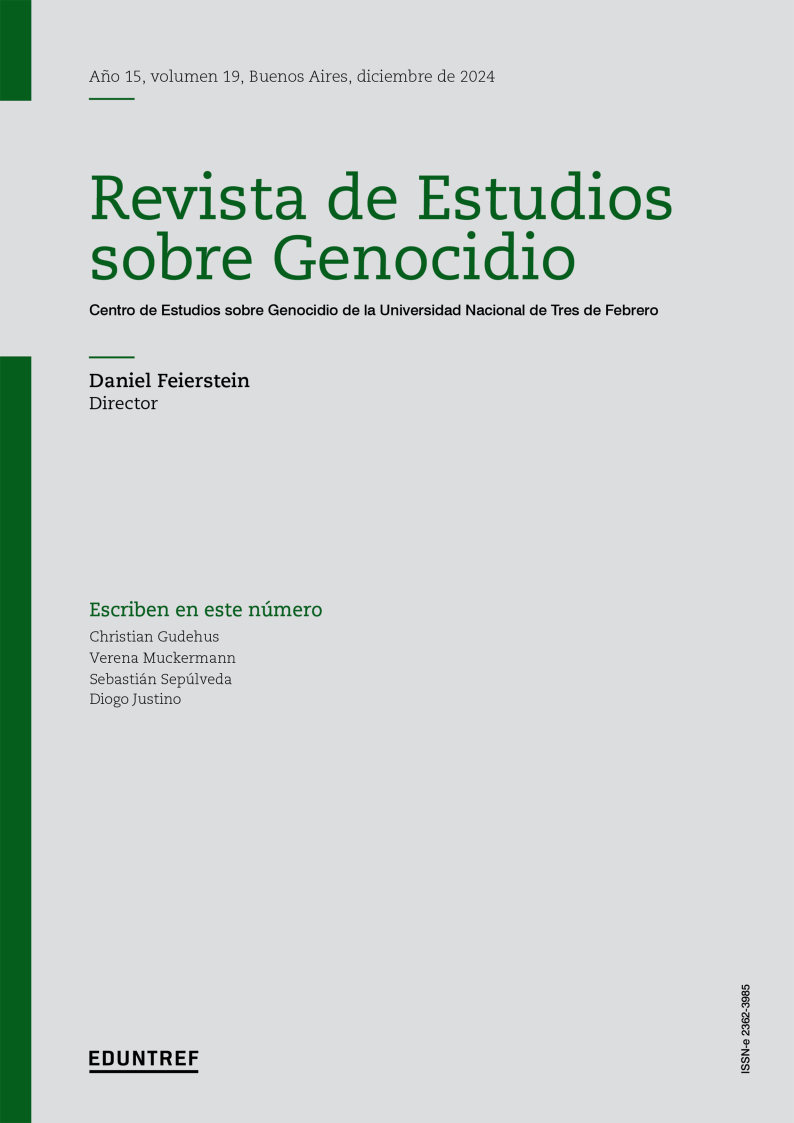Abstract
Truth trials are criminal prosecutions opened in Argentina that aim to reveal the facts of a specific case, without culminating in the imposition of a punishment. The first cases referred to crimes committed by agents of the Military Dictatorship (1976-1983). Subsequently, trials were opened in the case known as the Armenian Genocide and as well in the case of the Napalpí massacre, a slaughter of indigenous people in Argentina (Chaco region). Another interesting and paradigmatic case is the "Funes" precedent, in which police officers concealed a crime, causing the statute of limitations to expire, but the Judiciary authorized the opening of an investigation and trial to learn the truth of the facts. Similarly, in recent years, this type of proceedings have been authorized for cases of gender-based violence that have prescribed. It is, therefore, an instrument currently used as a means of seeking the truth and can become an instrument for the preservation of memory. The purpose of this paper is to explain and contextualize the truth trials that have taken place in Argentina; to present their cases and the differences between them; to point out the advantageous aspects and possible criticisms and limits to this type of process.

This work is licensed under a Creative Commons Attribution-NonCommercial 4.0 International License.

